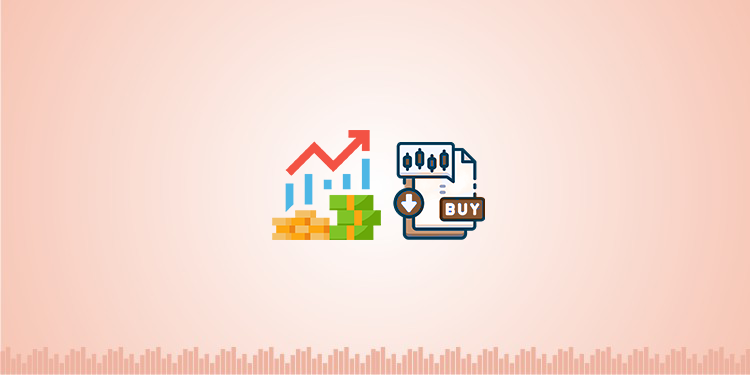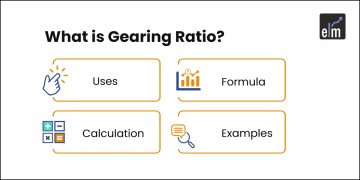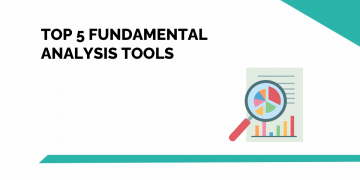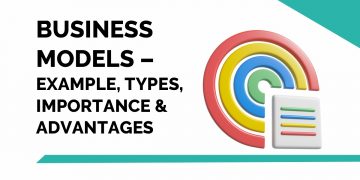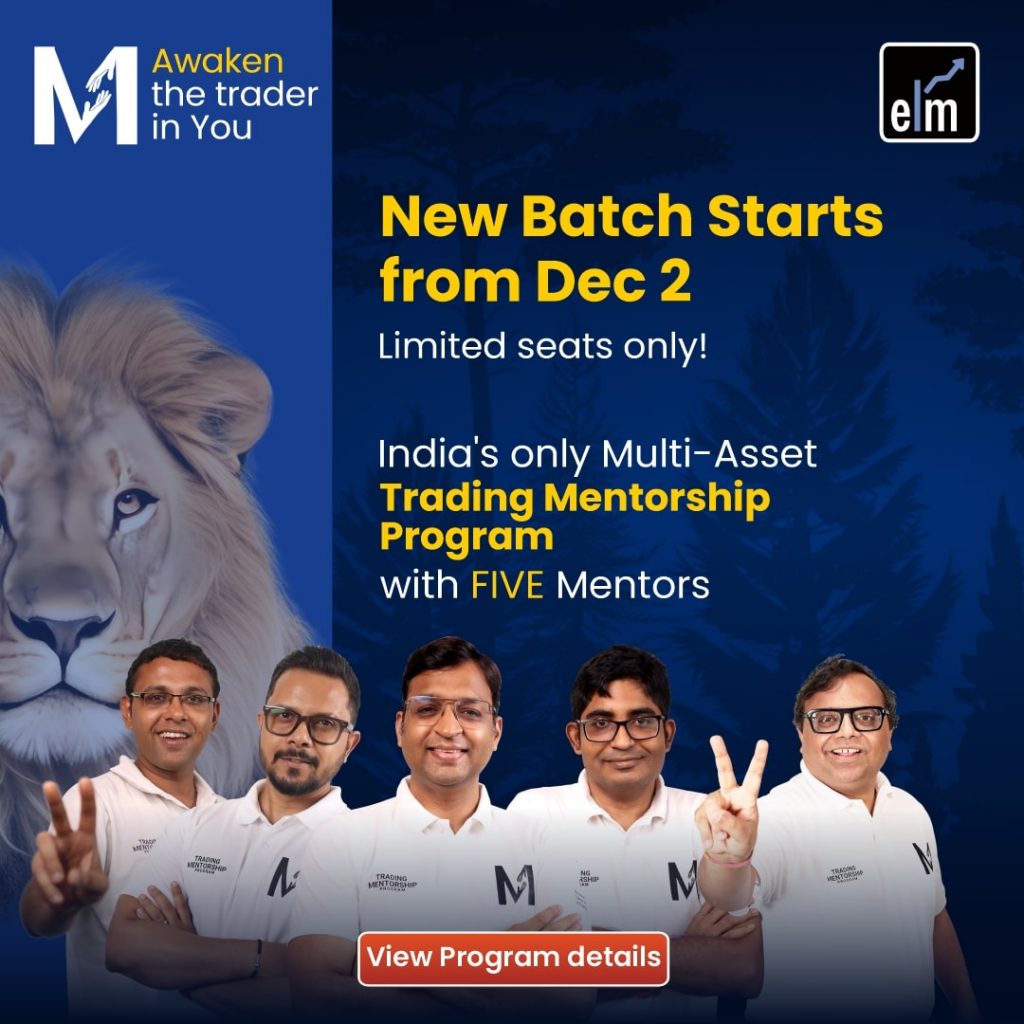When a company has enough cash in books but doesn’t see any good investment opportunity or new venture or if there is a scenario when the share price of the company is undervalued so the company then purchases some proportion of its shares from the existing shareholders.
This purchasing of its own shares from the shareholders is known as buyback of shares.
Even for the purpose of tax, the company may choose for buyback of share option as this option is more tax-effective than paying a dividend.
Promoters increase their shareholding in the company by way of buyback of shares as these shares are removed from the Equity shares of the company.
Ways of Buyback of Shares
Buyback of share is done in two ways:
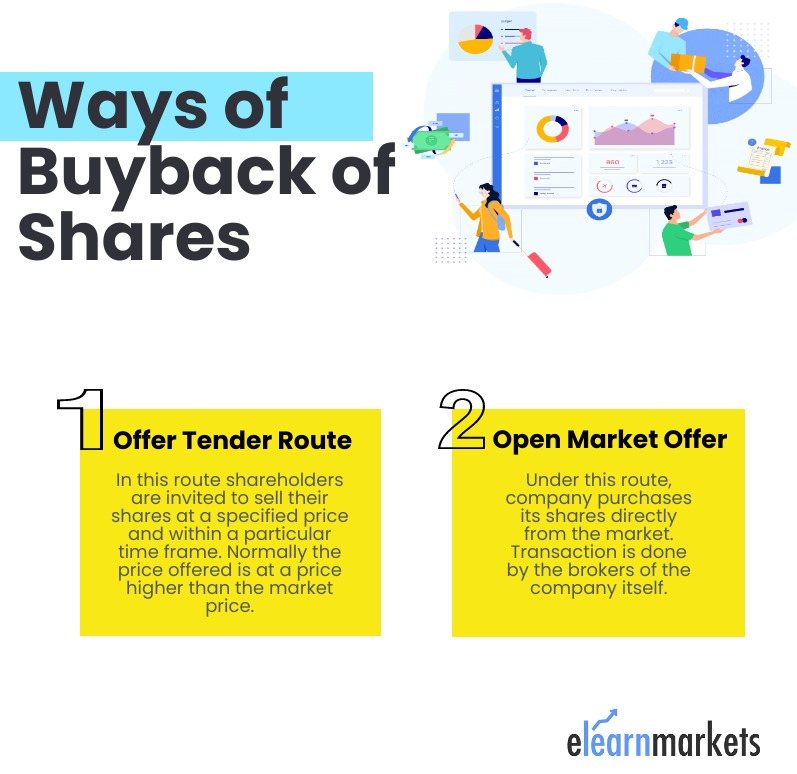
Two ways of buyback of shares are offered tender route and open market offer.
Offer Tender Route:
In this route shareholders are invited to sell their shares at a specified price and within a particular time frame. Normally the price offered is at a price higher than the market price.
The difference between the market price of share and the offer price of the share is the premium that is paid to the shareholders. The reason for offering the premium is to convince large number of shareholder’s to sell their shares.
Sometimes the private company directly provides a tender offer to shareholders without the consent of the shareholders.
Open Market Offer:
Under this route, the company purchases its shares directly from the market. The brokers of the company itself do the transaction.
Since a large number of shares are purchased back, so buyback of shares continues for a long period of time. The open market makes no legal obligation on a company to complete its buyback program.
Modes of Buy-back:-
A Company may buy back its Shares or other specified Securities by any of the following methods-
- From the existing shareholders or other specified holders on a proportionate basis through the tender offer;
- From the open market through1. Book-Building process
- Stock Exchange- Provided that no buy-back for fifteen per cent or more of the paid-up capital and reserves of the Company can be made through the open market.
- From odd-lot holders.
How to participate in the buyback of shares?
In order to participate in the program of buyback of shares, investors need to follow certain rules.
The shares should be there in the shareholders Demat account before the exdate for the shareholders to be eligible for participating in the Buyback.
Learn smart ways to invest with Stock Investing Made Easy course by Market Experts
Shares worth Rs 2 Lac can only be tendered by any individual shareholder.
Rule 1- The way shares are bought in the demat account is the same way the buyback of the share is done through a demat account. The buyback option will flash on the screen.
Rule 2- investor needs to check the offer price and also for how many days the buyback offer is valid as during this time only the company will repurchase the shares.
Rule 3- buyback form will be available on the screen, the investor needs to enter the number of shares they want to sell.
Rule 4- Buyback offers will be collected till 6:00 pm, one trading date before the offer end date. So, as a result, investors should ensure that they have sufficient quantities of their shares in their Demat account before the closure of the offer end date. Only those shareholders who will hold the shares as on the record date will be allowed for this corporate action.
Rule 5- online charges are applicable for placing the order i.e. rs.20+GST. This charge is non-refundable even in case of rejected or failed transaction.
There are certain points that need to be checked before placing the order:
- Any shares that will be offered in excess of the acceptance ratio will be credited back to the investor’s DEMAT account by the RTA and the funds for the shares accepted will be directly credited to the investor’s bank account. Tender offer will only be made during the offer window.
- After the offer window closes acceptance ratio will be calculated based on the number of shares tendered and the number of retail investors who have applied for the buyback.
- If placing the order online in the first order window is missed by the investor then new order window will be opened on the day before the end date i.e post 6:00 PM till the end date until 2:00 PM.
All the above rules are applicable for an offer for Sale (OFS) as well as delisting and rights.
Suggested Read – Why Buyback of Shares is Done?
Advantages Of Open Offer Route And Tender Offer Route
Tender Offer Route:
- Until set numbers of shares are tendered promoters are not obliged to buy shares which helps them to eliminate the large outlay of cash.
- If shareholders accept their offer then promoters get a chance to gain control of the target company in less than one month.
- Since shares are purchased by the company from the shareholder’s at price higher than the market price thus shareholder’s get good incentive while selling their shares.
Open Offer Route:
- Companies have the flexibility to cancel the buyback program of stock anytime.
- It is a cost effective method on behalf of the promoters of the company as shares are purchased back at the market price only and no premiums are paid.
- No legal obligation is made on the company to complete the share buyback program.
They have disadvantages as well.
Disadvantage of Open Offer Route and Tender Offer Route:
- The buyback process is very time consuming as tendered shares are verified by the depository bank and then payment is made on behalf of promoters.
- Share buyback leads to increase in some ratios, like EPS, ROE, etc. The increase in the ratio is not because of increase in profit of the company but because of decrease in outstanding shares. So, share buyback program gives an optimistic view of the company to the investors which are far from true financial reality of the company.
Key Takeaways:
- When a company purchases its own shares from the shareholders then this is known as buyback of shares.
- There are two ways that buyback of shares can be made – open market route or offer tender route.
- The company can repurchase their share from the brokers in the open market at the market price or can repurchase the shares from investors through a tender offer at a price higher than the market price.
Happy Learning!


